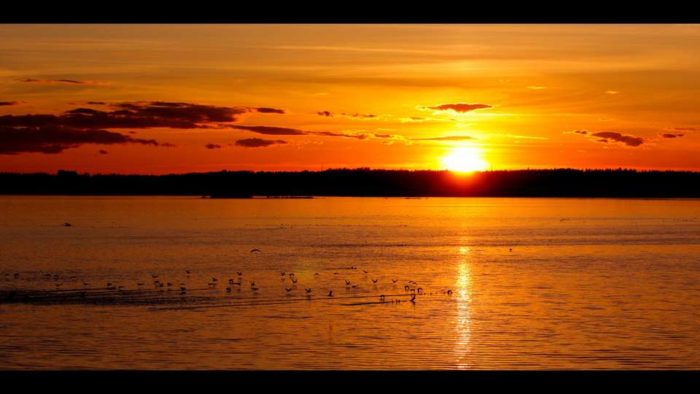How long does it take to charge my battery?
“How long does it take to charge your battery?” asks nearly everyone who sees me charging my solar panels, such as the guy in this picture:

After a few times answering what they asked, I realized people have no idea what the numbers mean. If I tell them in full sunlight the battery charges in four hours, they don’t know what the battery can then charge. I didn’t know before I started that toasters burn through energy like crazy, I can’t power the microwave at all, and phones can’t charge faster even if my big battery is full. No one else knows it either.
You need practical, hands-on, personal experience. A PhD in physics doesn’t help, nor does desire, or being a well-known environmentalist, except to drive personal, hands-on, practical experience.
Nature comes first
Experience taught me that I get what energy I can from what sun there is. Then I can power things based on what energy I have. When there’s lots of sun, I can cook more. The pressure cooker uses a lot of energy, so I end up spending more time charging, not less.

By contrast, when there isn’t much sun for a few days in a row or near the winter solstice (like now), I cook less and power only my phone and computer. Since they use little energy, I end up spending less time charging. When I don’t cook, I might only need to charge my big battery twice a week. Ironically, I often spend more time charging when there’s more sun.
I contrast this experience with mainstream uses of energy. If you want to fly from New York to Paris but there’s a hurricane in between, the mainstream response is: “I guess we have to fly around the hurricane then. How much more time does that detour add to the trip?”
In other words, we solve problems by burning more fossil fuels. Never mind that we create bigger problems down the road. We conquer nature. We override it.
Yuck! I say yuck because most ways to use more energy pollute. Using energy so profligately hurts people and wildlife.
Living humble to nature
Contrary to what you might expect, my experience with less power is to appreciate it more. I feel as if I have more power despite using less because I don’t take it for granted. I don’t feel entitled. In fact, I feel sickened or repugnant at how entitled I felt before, since I knew in the back of my mind that innocent people were paying for my comfort with becoming refugees, getting cancer, their children being born with birth defects, and so on.
I still pollute and deplete. I’m far from living sustainably. I’m not proud. On the contrary, I’m more aware. I live more humbly to nature. I’m not living extreme. I’m living traditionally. I learn from people who do live sustainably, such as the indigenous cultures some of my podcast guests have lived with, learned from, and shared about.
Living humble to nature teaches me to value nature. Now that I know I can make a difference, I want to learn about those innocent people. I help them instead of hurting them. I connect with them more by helping them than by flying there or claiming to care about them while still paying to make them refugees, and so on. I don’t fund the lobbyists and advertisers who promote polluting and depleting industries.
To clarify, I know I can make a difference through teaching through my workshops, not “leading by example,” which I don’t do since I don’t think it works, I just live by my values with more integrity and credibility than if I told people to do something I did the opposite of.
Read my weekly newsletter

On initiative, leadership, the environment, and burpees
Pingback: Sustainability connecting me to nature: wonderful overall but challenging in the winter » Joshua Spodek